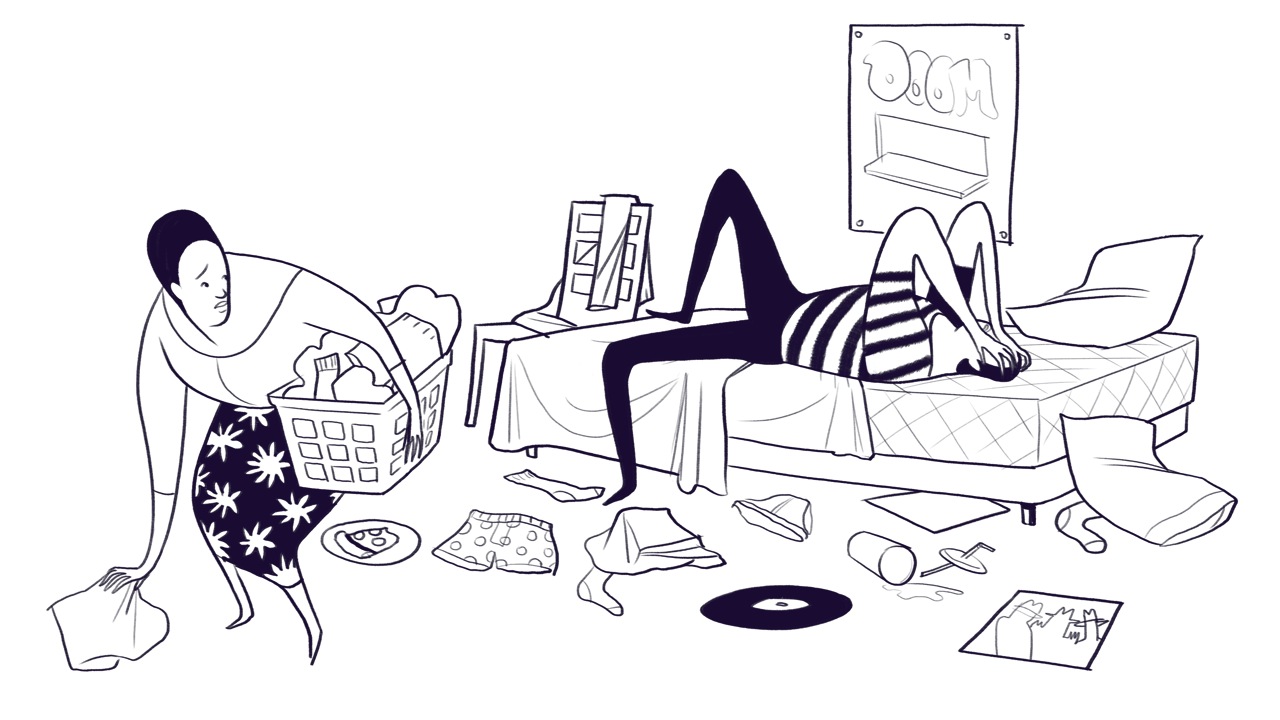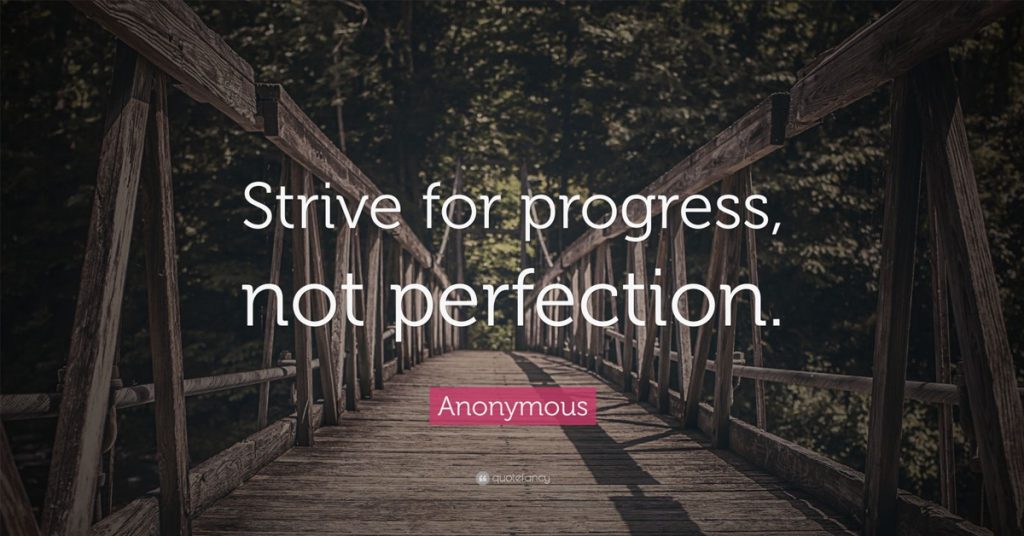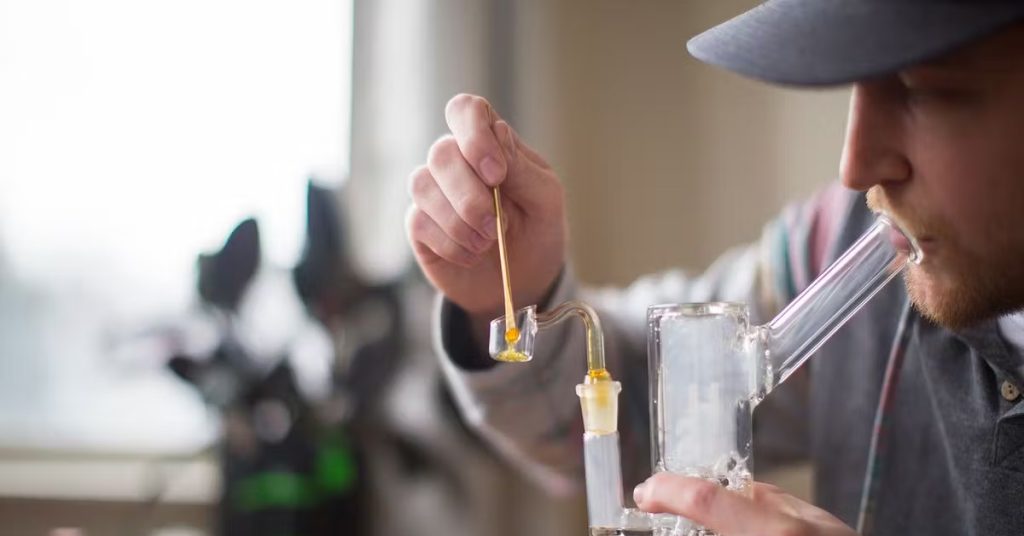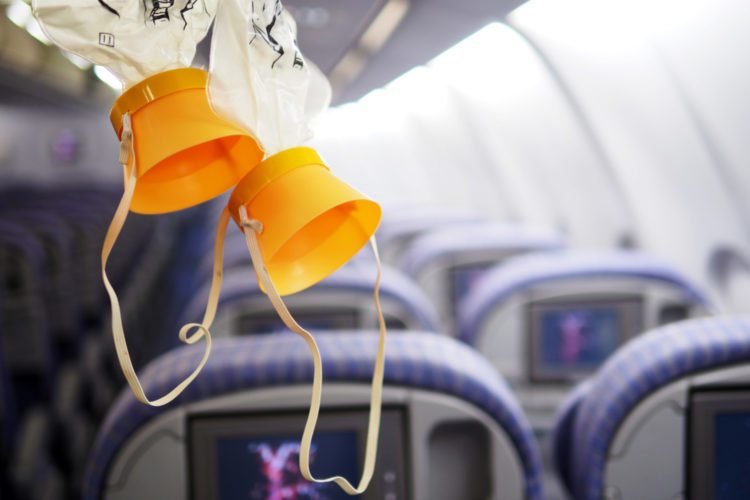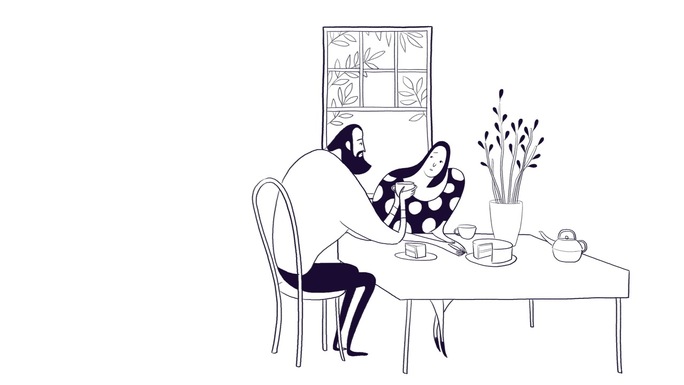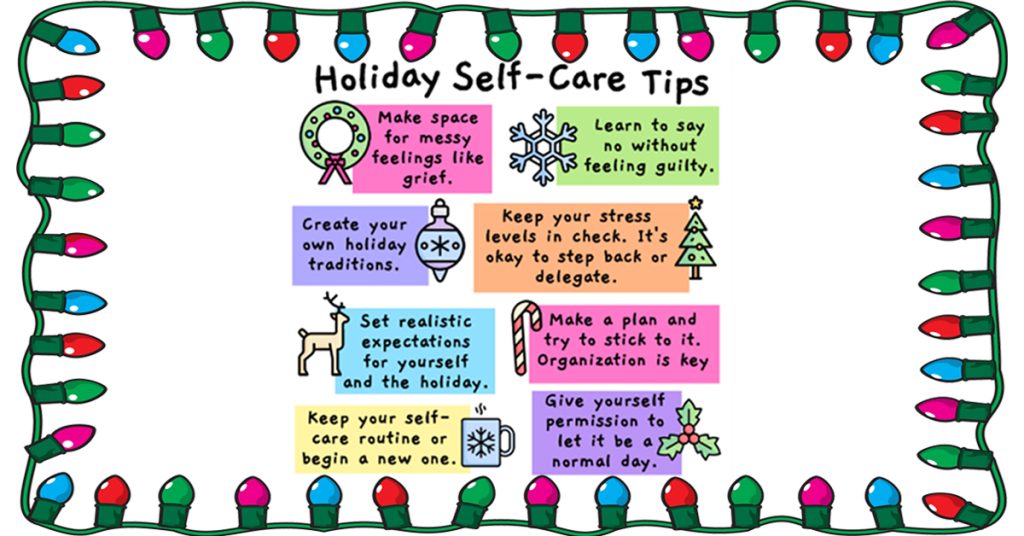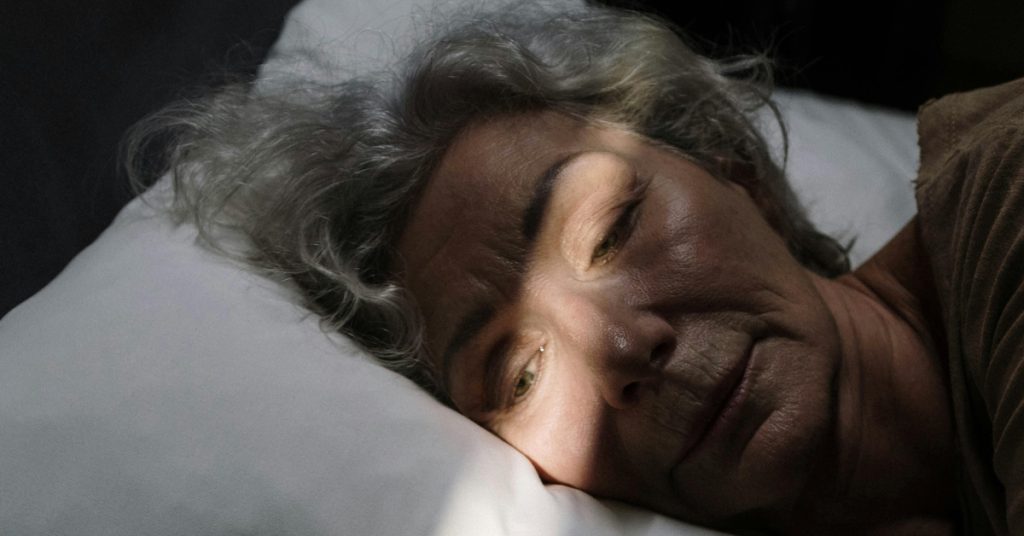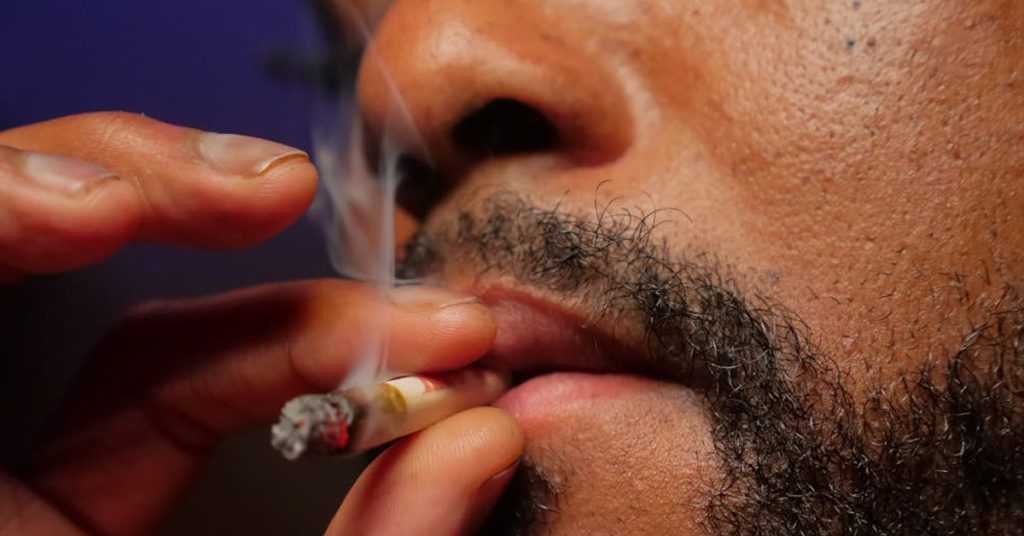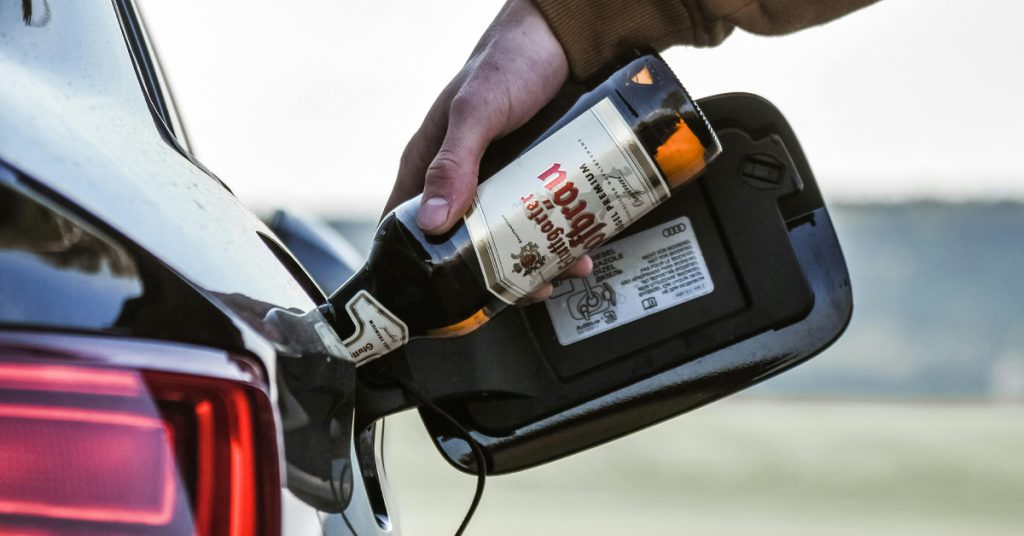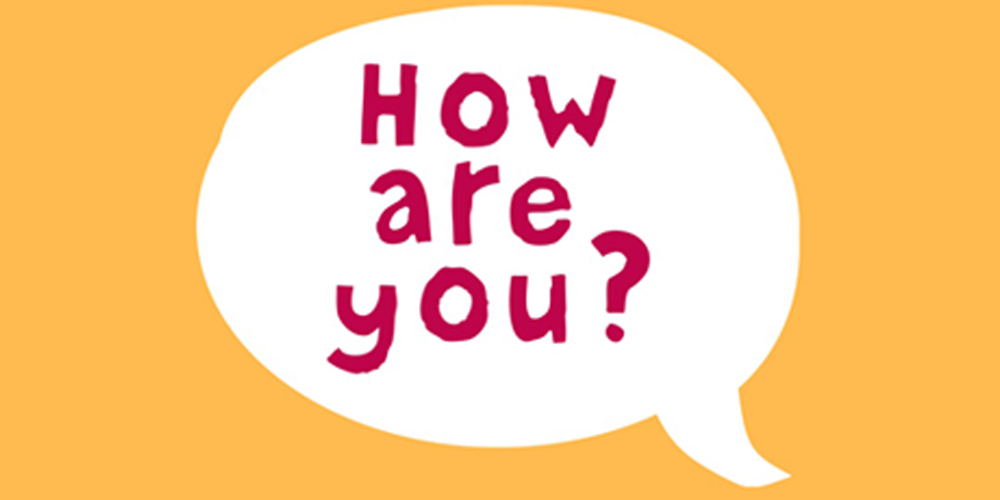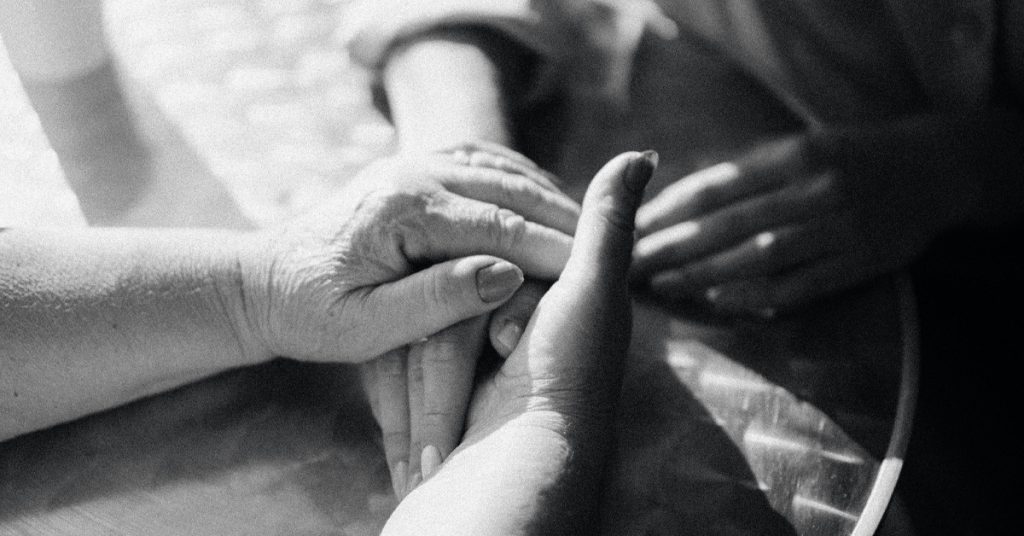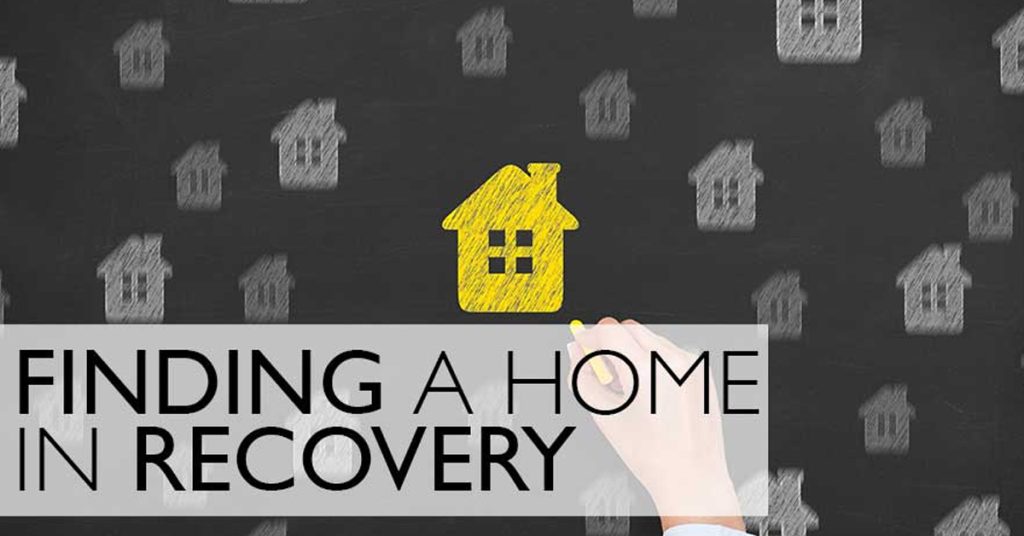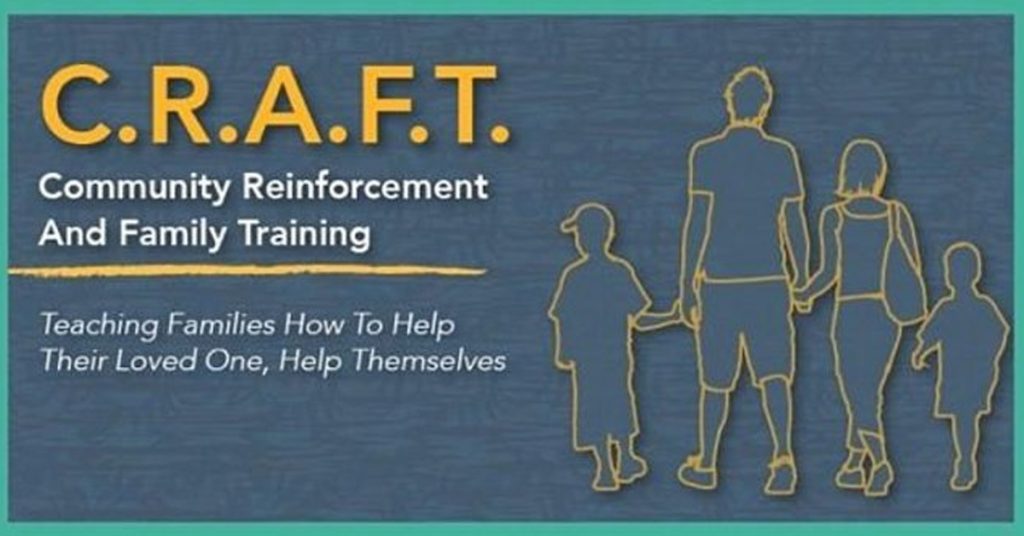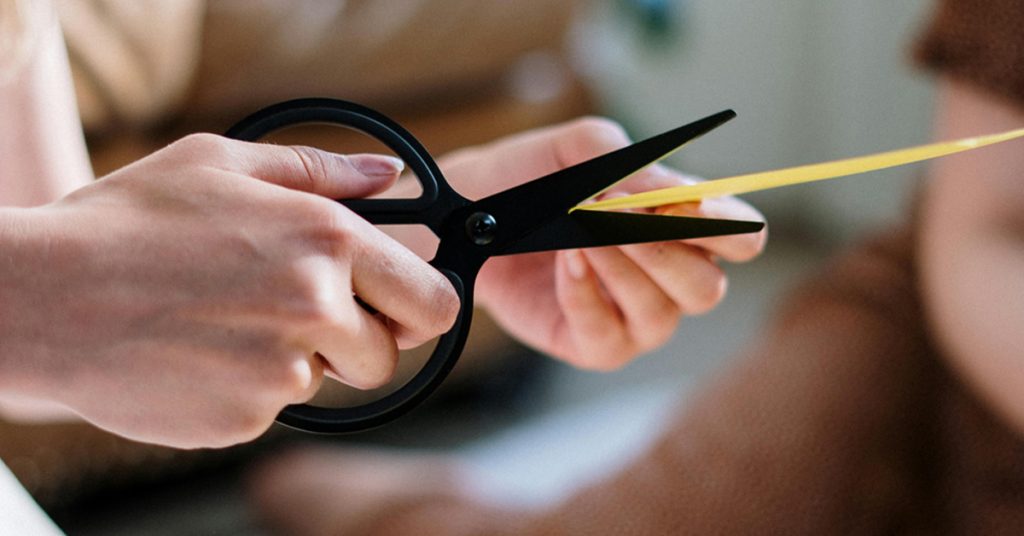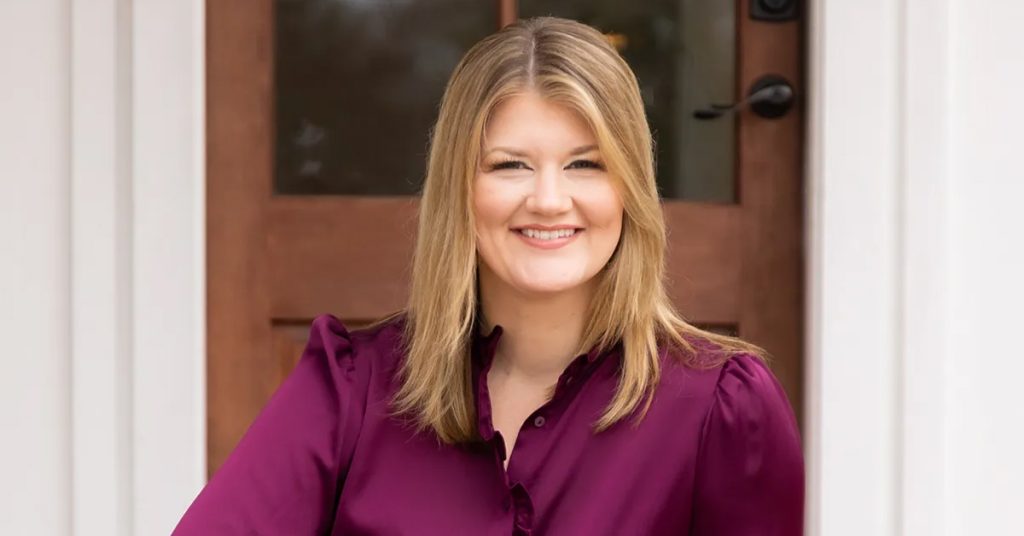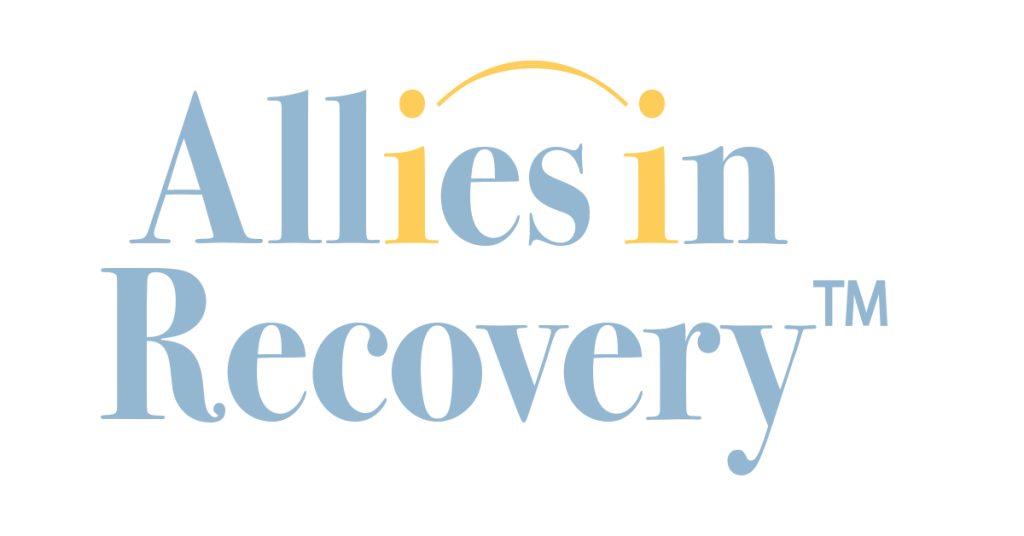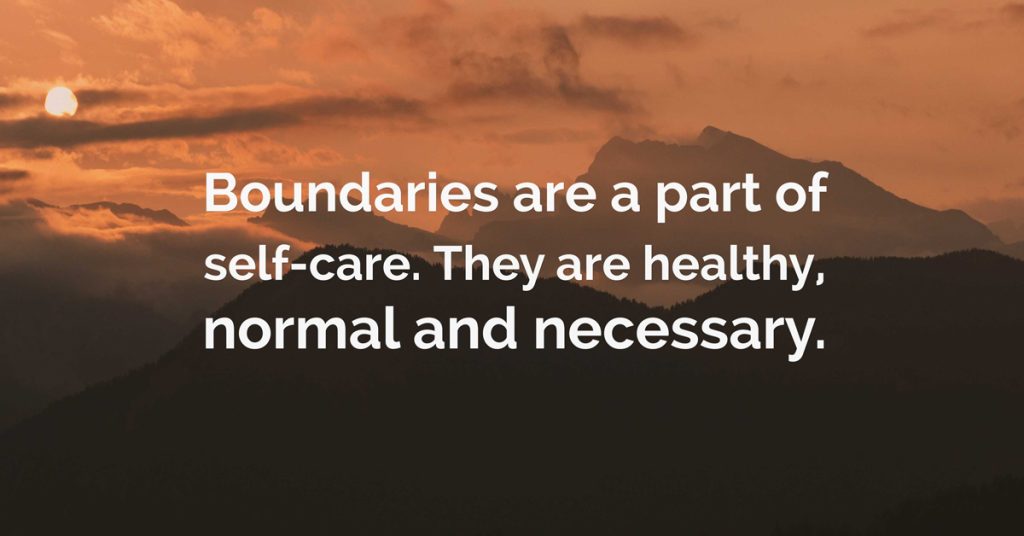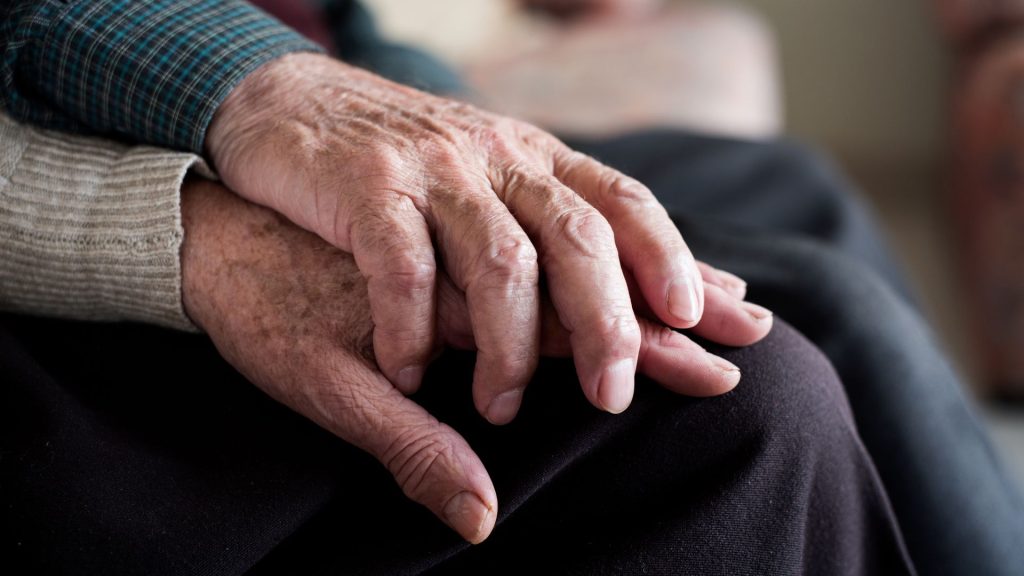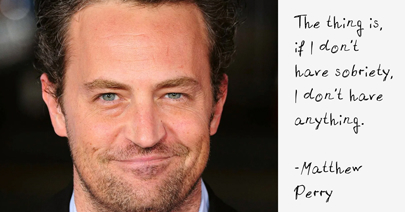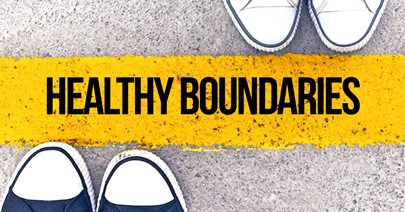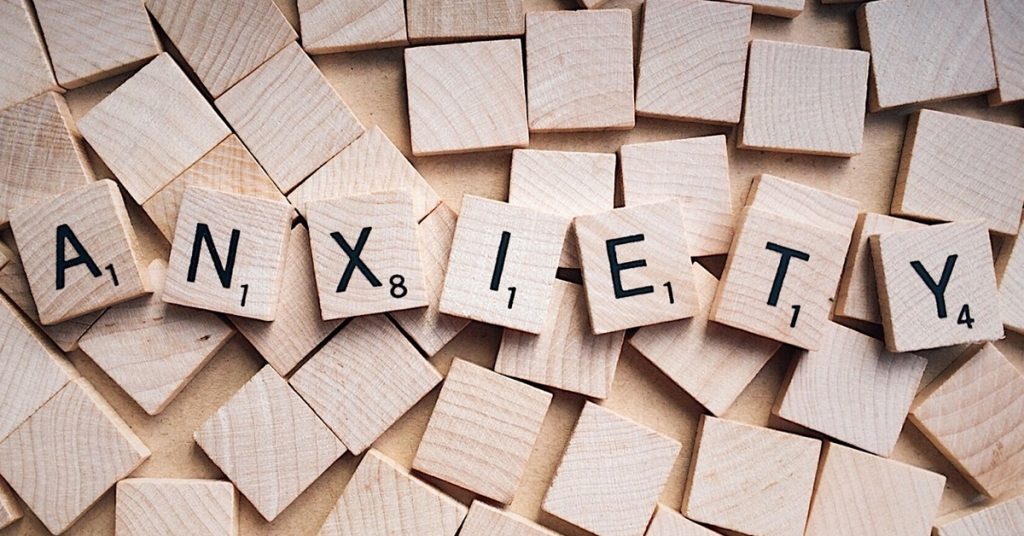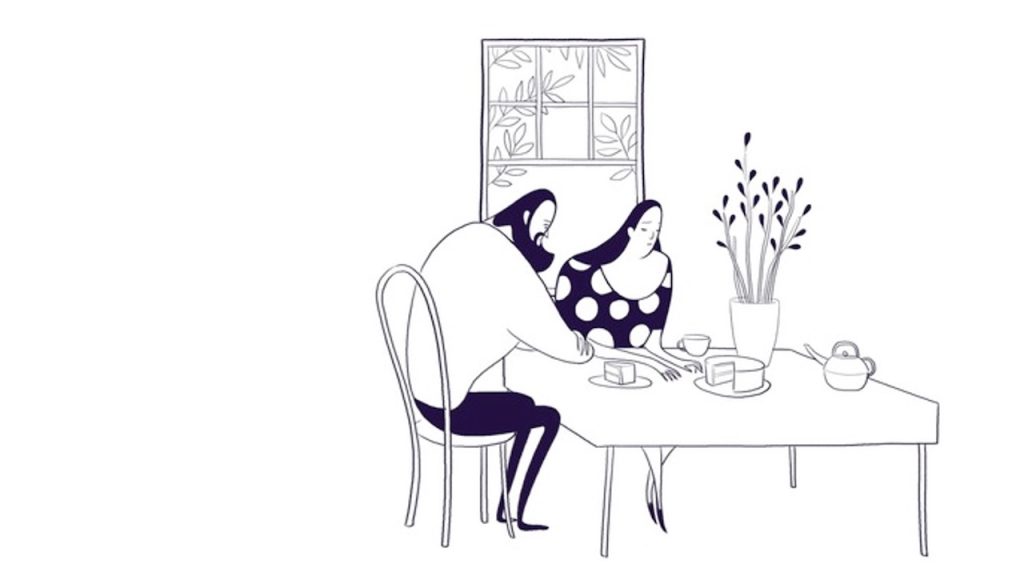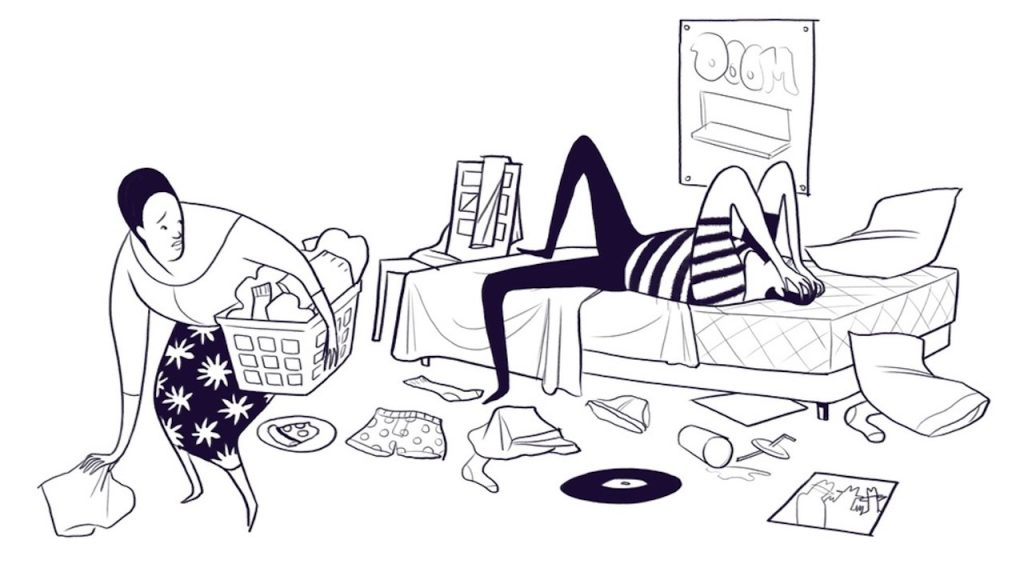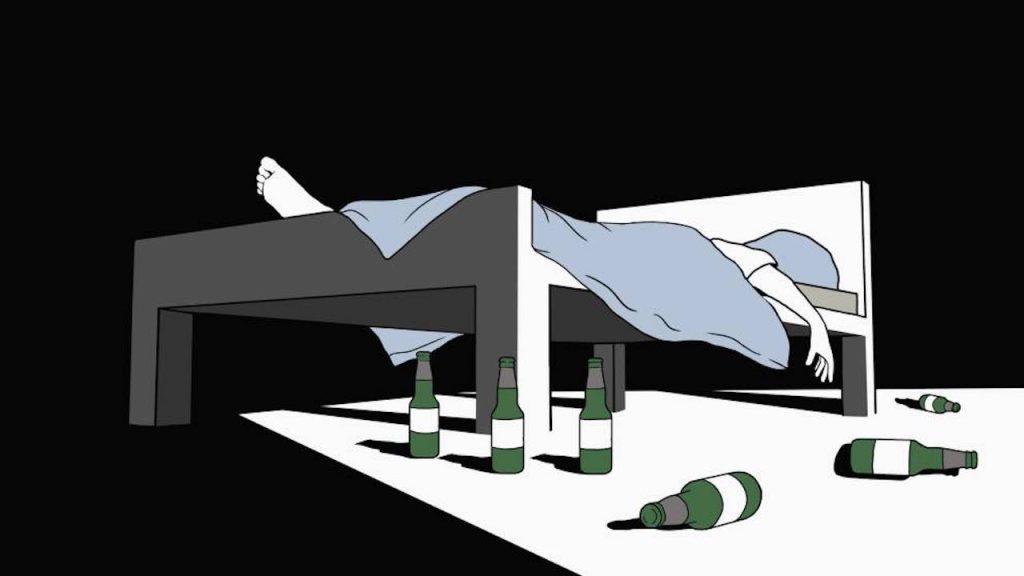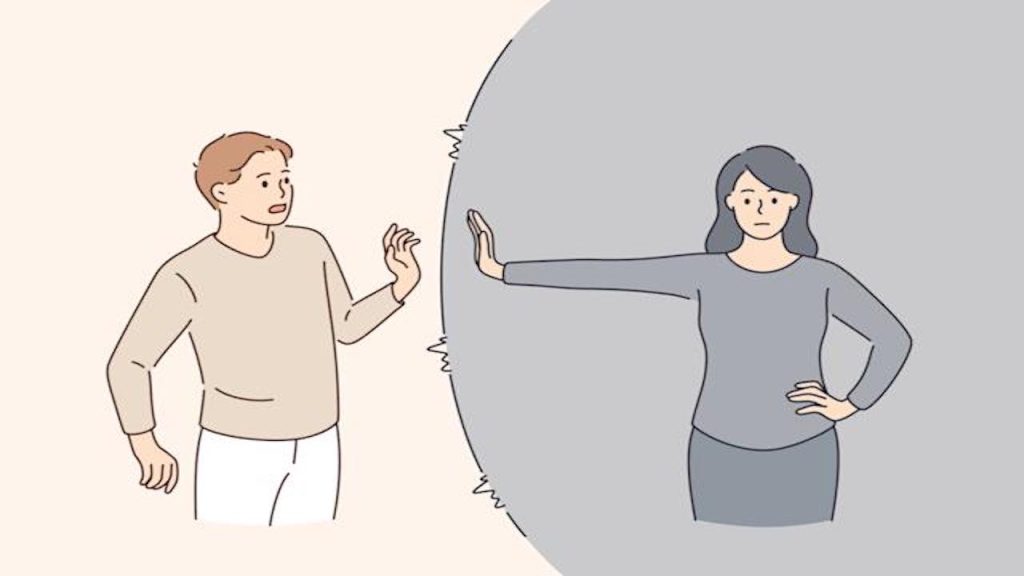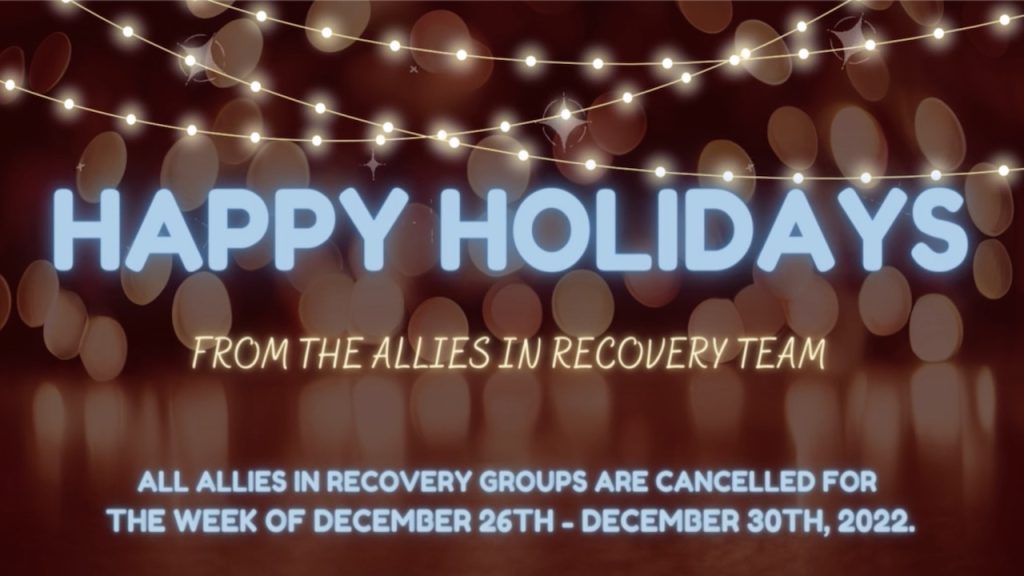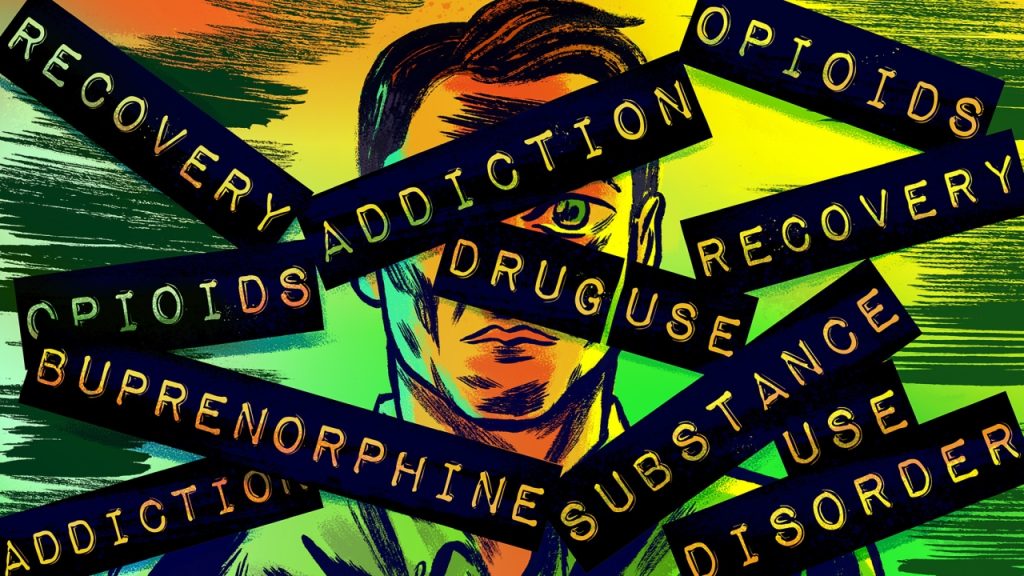Please Don’t Come Home! Next Steps after Recovery…
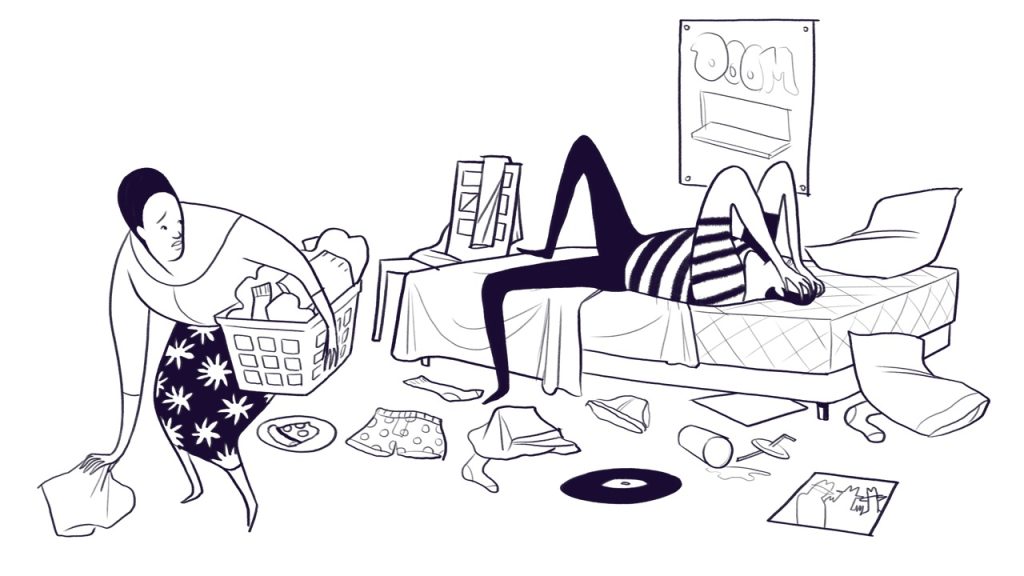
An Allies in Recovery member recently shared news that her son was entering treatment. She expressed relief about this huge step forward, as well as a strong desire for him not to come home afterwards…
…She also wonders about the right amount of connection to have with him during this phase and afterwards:
“My son just went into a treatment facility today. Not sure how connected I should be, because when he gets out I want him to find his own place to live. I am just so relieved he has made this choice….”
What a relief when a loved one agrees to go into treatment. Hurray! And hurray to you for helping this along!
But right behind this relief there may follow several nagging thoughts: What’s next? What if it doesn’t work? Please don’t let him come home…
You’re not alone. The posts on our Discussion Blog (on our member site) are full of families writing about the period after treatment. We recently published a post, When He Gets Out of Treatment, How Much Should I Help Out? that directly addresses your immediate concern of wanting him to find his own place to live after discharge.
I also want to respond to your other point, which is the question of connection with your son once he gets out.
Oh please, don’t come home!
I’ve seen parents over the years cut off relations with a loved one as a way to protect themselves from the anguish, manipulation, and drama of a loved one sick with substance abuse. Loved ones don’t suddenly become skilled in how to interact with family just because they went to treatment. Interactions aren’t miraculously made better after a short period of sobriety. So you’re right to want to guard yourself from the onslaught of a difficult relationship.
Your desire to disconnect from your son as a way to avoid him coming back home makes complete sense.
But is there a way to maintain a good solid connection with your son AND make it clear that he needs his own place after discharge?
It’s often hard to speak up when past efforts to talk have blown up in your face or proved completely futile.
Video Module 4 is all about improving your communication, including how to be more assertive and loving in making requests (click here to watch a sample of Module 4). Exercise #15 of the Key Observations helps you script out a request using these communication skills. Video Module 8 shows you how to have a planned conversation (click here to watch a sample of Module 8). While we use the example of a treatment request in the module, the framework of the planned conversation can by applied to any request you want to make.
The planned conversation
Our suggestion is to script out your request that your son not come home and have the planned conversation with him while he is in treatment.
Has your son signed a consent form with the program so you can speak with them? Either way, the program needs to know that your son will be homeless once he leaves treatment. The program should be organizing a discharge plan that includes housing. Work with them if at all possible. Perhaps the counselor can sit in on the conversation with your son in which you make your request.
Here is an example of making a request:
(This is taken from the Key Observation exercises in the eLearning Modules we provide to members)
Write out what you want from your loved one below. Example: I’d like him to do the dishes.
1. Put yourself in their shoes with an understanding statement. Example: I can understand that doing the dishes is no fun.You’ve taken a huge step by coming to treatment and I am really so very proud of you. I can understand how living on your own is also a huge step that can be scary and overwhelming.
2. Own your part. Example: I am the one who likes the sink free of dishes.
I am exhausted. I want to be the support you need to maintain your sobriety. It’s just that I just can’t do it with you living with me. I don’t have the skills for it yet. I need time to learn. And I need my own place. I need for us to live apart.
3. How does it make you feel? Example: I feel so overwhelmed when the sink is full of dirty dishes.
I get overwhelmed and upset too often when we live together and it’s not good for either of us.
4. Offer to help. Example: Would it help if I got a different kind of sponge or a second dish rack?
I’d like to help you with the first couple months’ rent somewhere.
5. Be positive, be brief, be specific. Example: Please put your dishes in the dishwasher before I come home from work.
So … your counselor and I are looking for someplace you can move to once released from this program. Please accept my offer of help to get your own place after you leave this program.
Maintaining a bridge while keeping your boundaries intact
Once you’ve scripted out your own requests, read them out loud, leaving off the prompts. This is the script you’ll want to commit to memory and present to your son at the planned conversation.
CRAFT guides you to maintain that bridge of trust and support with your loved one, at each phase of the process. This can go hand-in-hand with establishing and communicating your own boundaries: your loved one must understand what you need in order to maintain your own peace of mind and remain strong for him.
A membership at Allies in Recovery brings you into contact with experts in the fields of recovery and treatment for drug and alcohol issues. Our learning platform introduces you to CRAFT and guides you through the best techniques for unblocking the situation. Together we will move your loved one towards recovery. Learn about the benefits of membership.

